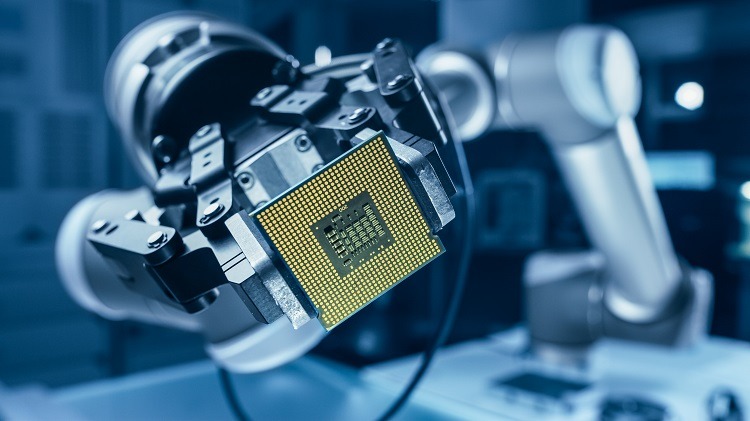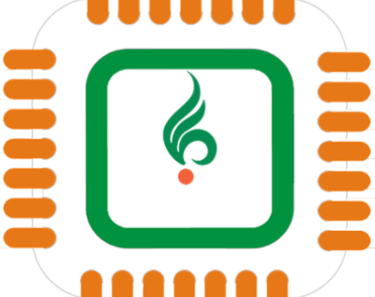Siemens Unveils AI-Driven Verification Tools at DVCon 2025
Siemens reveals its AI-powered verification tools at DVCon 2025, showcasing cutting-edge solutions to streamline EDA workflows and meet the growing demand for smart design.
3/25/20253 min read


Siemens Unveils AI-Driven EDA Solutions for Verification at DVCon 2025
For the past few years, while competitors like Cadence and Synopsys were putting their AI advancements on display, Siemens EDA kept their AI game plan under wraps. But at DVCon 2025, Siemens finally pulled back the curtain, revealing the depth of their AI-powered solutions and showcasing how they are reshaping electronic design automation (EDA), particularly in verification.
Why Now? Siemens’ Strategy for AI Integration
At the event, Darron May, Director of AI Product Management at Siemens Digital Industries, explained that Siemens had been building its AI capabilities for years. With a central AI team of over 1400 experts and nearly 4000 patents, Siemens’ approach to AI isn’t rushed—it’s methodical. The goal was to integrate AI across Siemens’ divisions before rolling out AI solutions for the EDA space, ensuring a strong, reliable foundation for the company’s future plans.
The Need for AI in EDA: Industry Challenges
As chips become more complex, largely due to AI and IoT integrations, the industry faces a shortage of skilled designers. Projections show the industry will be short of 27,000 designers by 2030. This shortfall, combined with the increasing demand for AI-powered applications in wearables, smart homes, transportation, and medical devices, creates an urgent need for efficient EDA solutions that leverage AI to streamline verification and design processes.
Siemens' AI Advancements in EDA Verification
Siemens has unveiled a range of AI tools that promise to significantly enhance verification workflows. These solutions leverage three core types of AI:
Analytical AI: Unsupervised learning (ML) for data analysis.
Predictive AI: ML and statistical analysis to forecast behaviors.
Generative AI: Powered by large language models (LLMs) to aid design creation.
While the industry may not consider these tools groundbreaking, they represent a major milestone for Siemens as they catch up with the big players in the EDA space. Here’s a look at what Siemens has rolled out:
ViQ (Questa Verification IQ): A verification platform with an innovative Coverage Analyzer that provides in-depth analysis and predictions for potential holes in coverage, as well as root cause analysis.
Debug Tools: Bad commit prediction, root cause prediction, and signature prediction are already in early adoption to improve the accuracy of debugging and verification.
Regression Navigation: Siemens has launched smoke test prediction to make regression testing more efficient.
In addition, QCX (coverage acceleration), PSS Assist (GenAI for PSS), and Doc Assist (auto-generating documentation) are still in early adopter engagements but are expected to have a massive impact.
One of the most exciting tools is Property Assist, which leverages Generative AI for assertion generation and uses static and formal tools to validate correctness. This tool is currently in the early adopter phase, but its potential to enhance the verification process is immense.
Central AI Team: Siemens' Unique Advantage
What sets Siemens apart from its competitors in the EDA space is its centralized AI team. Unlike other companies that may have fragmented AI efforts across different departments, Siemens has a unified AI platform that supports all its divisions. This centralized approach allows Siemens to provide comprehensive AI-powered tools that are effective, cohesive, and deeply integrated across the company’s offerings.
Looking Ahead: Siemens' AI in EDA
With several AI verification tools already in production and more tools planned for release, Siemens is in an excellent position to shape the future of AI in EDA. Their deep integration of AI across Siemens Digital Industries means that their EDA tools are powered by a strong foundation of AI expertise.
Siemens' AI-driven verification solutions promise to be a key player in meeting the growing demand for efficient, accurate, and scalable design processes. Whether you’re working on AI-powered designs for the IoT, automotive, or healthcare industries, Siemens’ tools will be a game-changer in simplifying complex verification workflows.
Explore Siemens' capabilities in AI-driven EDA tools and discover how their advanced verification solutions can enhance your design process. Learn more here.
Source - Semiwiki
QUICK LINKS
NEIL RAO TOWERS, 117 & 118, Rd Number 3, Vijayanagar, EPIP Zone, Whitefield, Bengaluru, Karnataka 560066
200/2, Tada Kandriga, Tada Mandalam, Tirupati District - 524401
Locations

